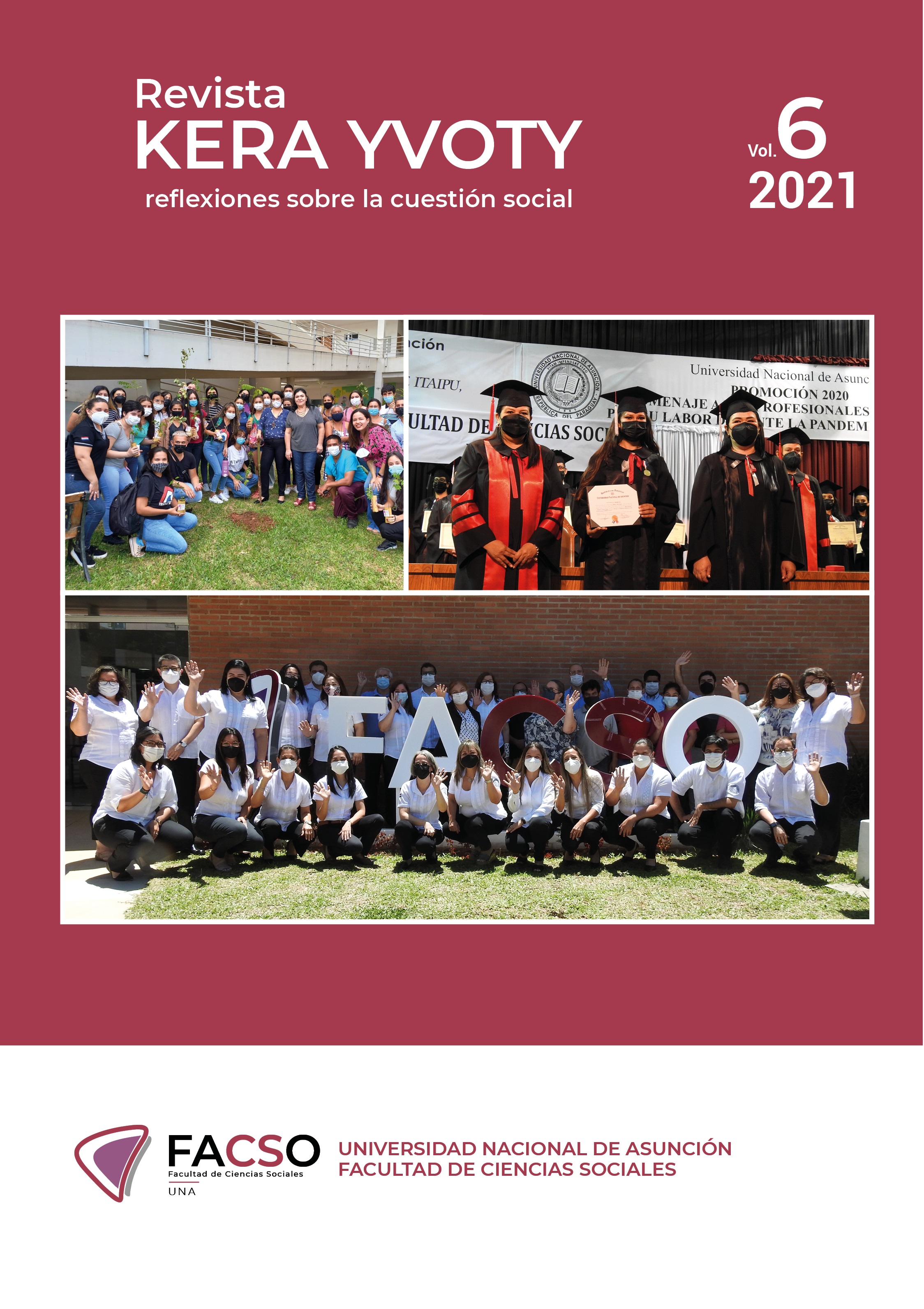Abstract
Part-time work is a modality that allows people to carry out work activities with a workload of less than 35 hours per week on average, the quality of which could affect people positively or negatively. This uncertainty leads to the following research question: What is the influence of Part-Time Work on the Quality of Employment in Paraguay in 2018? However, the methodology used was the bibliographic documentary complemented with the Binary Logistic Regression econometric method. In this way, the independent variable was Part-time Work, using the working hours of the main activity as a proxy to determine it, supported by five other variables: years of study, years of experience, medical insurance, type of contract and minimum wage which were dichotomized as required by the model, on the other hand, the dependent variable was the quality of employment, whose proxy variable was the contribution to retirement. All these data were extracted from the Permanent Household Survey. As a result, it was obtained that Part-Time Work does influence or predict, along with the other independent variables, the Quality of Employment, for the year 2018. This implies that the hours of work and the other variables are very relevant to condition the quality employment especially in Paraguay.
References
Agresti. (2002). Categorical Data Analysis. Wiley-interscience.
Basaldi, O. V., & Graziano Da Silva, J. F. (2008). A Polarização de qualiadade do emprego na agricultura brasileira no período 1992-2004.
Borrajo, E. (2000). El trabajo a tiempo parcial y la seguridad social.
Fagan, C., Norman, H., Smith, M., & González Menéndez, M. C. (13 de Marzo de 2014). Organización Internacional del Trabajo. In search of good quality part-time employment. http://bit.do/e3RmZ
Hart, R. (1988). Employment, unemployment and labor utilization. Routledge.
Instituto Nacional de Estadística (INE). (28 de Septiembre de 2018). Encuesta Permanente de Hogares (EPH). https://www.ine.gov.py/datos/encuestas/eph/Poblacion/
Organización Internacional del Trabajo (OIT). (04 de Agosto de 2019). Formas atípicas de empleo. https://bit.ly/33bB924
Organización Internacional del Trabajo (OIT). (2019). Organización Internacional del Trabajo. https://bit.ly/36LrQHX
Organización Internacional del Trabajo, O. (1994). Convenio sobre el Trabajo a Tiempo Parcial. https://bit.ly/2FLWIME
Organización para la Cooperación y el Desarrollo Económico, O. (2015). Employment Outlook. https://bit.ly/2YuC8Mh
Programa de las Naciones Unidas para el Desarrollo, P., & Organización Internacional del Trabajo, O. (2013). Informe Nacional sobre el Desarrollo Humano Paraguay 2013: Trabajo Decente y Desarrollo Humano. https://bit.ly/2Kg59m8
Rau Binder, T. (2008). El Trabajo a tiempo parcial en Chile. TIPS: Trabajos de Investigación en Políticas Públicas. Departamento de Economía. Universidad de Chile. https://bit.ly/2T58Ttf
Reinecke, G., & Valenzuela, M. E. (2000). La calidad empleo: Un enfoque de género.
Senise Barrios, M. E. (1999). El Trabajo a tiempo parcial como instrumento de creación de empleo. Facultad de Ciencias Económicas y Empresariales. Universidad de Granada. https://bit.ly/2ODAFi0
Tilly, C. (1996). Half a Job: Bad and Good Part-Time Jobs in a Changing Labor Market. Temple University Press.

This work is licensed under a Creative Commons Attribution 4.0 International License.
Copyright (c) 2021 Lucía María Teresa Pereira Antúnez, Marcela Achinelli






